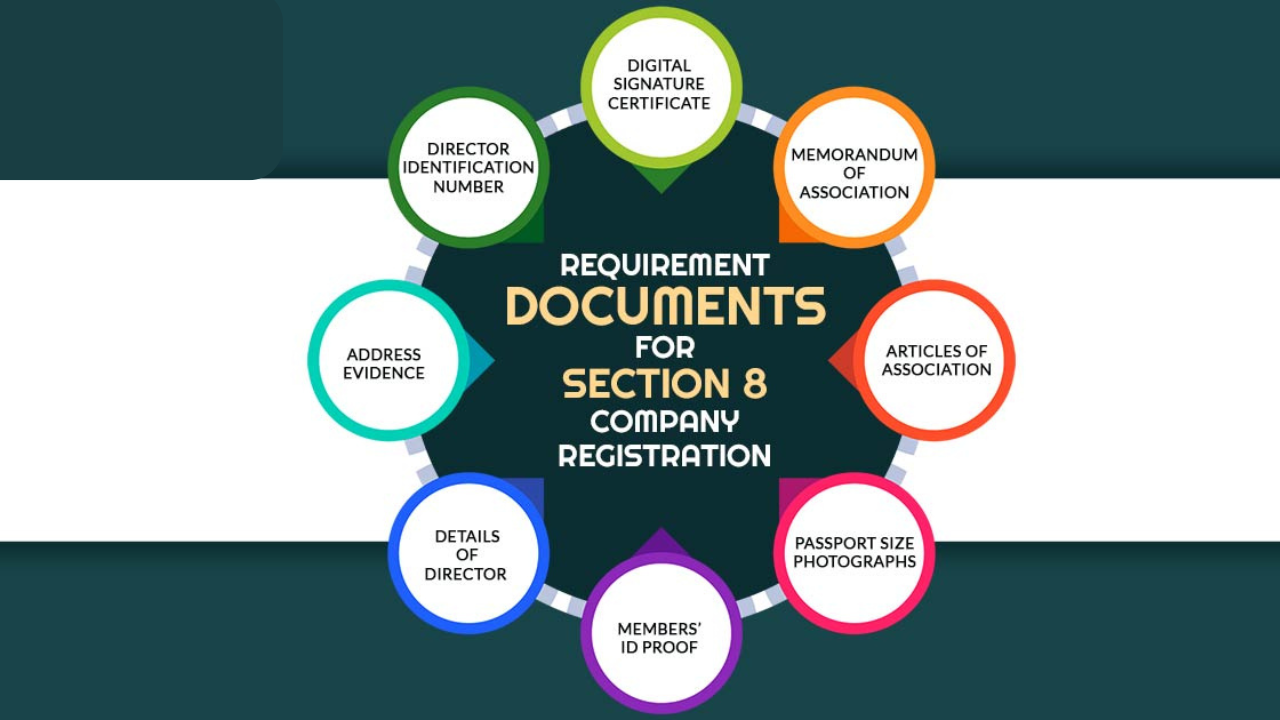Service Details
- Home
- Service Details
Conatct Us
Section 8 Company Registration
A Section 8 Company in India operates as an NGO committed to promoting areas like art, science, education, sports, and charitable activities. Unlike Trusts or Societies, profits generated by these companies are reinvested to achieve their objectives rather than being distributed among members.
The Ministry of Corporate Affairs (MCA) oversees the registration process for Section 8 Companies, setting them apart from Trusts and Societies, which are governed by State Government Registrars.

Important Points Regarding Section 8 Company in India
Key Features of a Section 8 Company in India
Registration Options for NGOs
NGOs in India can register either under the Registrar of Societies or as a Non-Profit entity under Section 8 of the Companies Act, 2013.Mandatory Compliance
Section 8 Companies must comply with the Companies Act, including:- Filing annual returns with the Registrar of Companies (ROCs)
- Maintaining proper books of accounts
- Adhering to GST and Income Tax Act regulations
Profit Utilization Restrictions
Profits generated by a Section 8 Company can only be used for charitable objectives. Distribution of profits among shareholders is strictly prohibited.Charter Document Amendments
Changes to the Memorandum of Association (MoA) or Articles of Association (AoA) require prior government approval.Legal Identity
Section 8 Companies under the Companies Act, 2013, are the equivalent of the former Section 25 Companies under the Companies Act, 1956, now recognized under the updated legislation.

Advantages of Section 8 Company Registration in India
Advantages of Section 8 Company Registration in India
Separate Legal Entity
Section 8 Companies are recognized as separate legal entities, allowing them to own property, enter into contracts, and sue or be sued in their own name.Enhanced Trust and Credibility
The non-profit nature of these companies enhances their credibility and makes them more trustworthy compared to other types of companies.Exemption from Stamp Duty
Section 8 Companies are exempt from paying stamp duty on their registration documents, reducing the overall cost of incorporation.No Minimum Capital Requirement
There is no mandatory minimum capital required for Section 8 Companies, offering them flexibility to structure their finances based on growth needs.Flexible Capital Structure
These companies can adjust their capital structure as they grow, providing greater operational flexibility.Tax Exemptions for Donors
Donations to Section 8 Companies are eligible for tax exemptions under Sections 12A and 80G of the Income Tax Act, incentivizing individuals and organizations to contribute.
